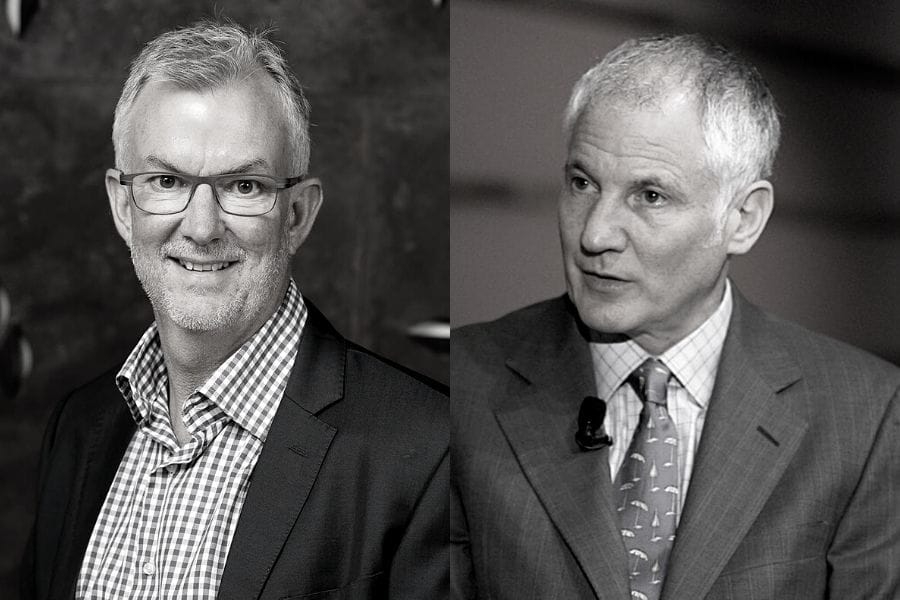Mass PRIM is involved in an MIT initiative to improve ESG with better data, ratings and ultimately products. Executive director and CIO explains how the ambiguity around ESG ratings creates acute challenges for investors trying to achieve both financial and social return.
Rating agencies often capture the wrong or bad data and products in the market are not robust from an impact or investment perspective, according to Michael Trotsky, CIO of Mass PRIM.
This ambiguity around ESG ratings creates acute challenges for investors trying to achieve both financial and social return. He said Mass PRIM has analysed countless products from vendors and “they all come up short,” sounding concerns at pervasive greenwashing and commercialisation.
“We are committed and want to do better,” he said.
MIT’s involvement in trying to find a solution to the “bad data problem” involves Roberto Rigobon, Professor of Applied Economics at the MIT Sloan School of Management, renown for developing maths techniques to make noisy data actionable.
“He is not an ESG sceptic, he is a staunch ally and wants to make an impact,” said Trotsky, reiterating that ESG ratings are the Achilles heel of the sector which requires more robust techniques to “do ESG better.”
Boston-based Mass PRIM is partnering with the MIT Sloan Sustainability Initiative to improve the quality of ESG measurement and decision making in the financial sector, charting a course toward more rigorous, coherent methods for ESG integration.
Speaking at Sustainability in Practice Trotsky, who oversees around $100 billion in pension assets, outlined how the project includes development of an app that will allow beneficiaries to prioritise their different ESG preferences, listing which issues they care most about.
The hope is it will allow the investor to find common ESG themes that unite its diverse beneficiaries to then weave into strategy. The Aggregate Confusion Project aims to reliably assess investor preferences to enable ESG indices to be more customised and attuned to investors’ values, said Trotsky. He said the initiative is a consequence of current ESG indexes being crafted without consideration of investor preferences, and a growing belief that ESG investment urgently needs to better capture values.
Mass PRIM’s involvement in the initiative is linked to the investor struggling to find which ESG issues its 300,000 diverse beneficiaries in the pension funds it manages (ranging from teachers to firefighters and policemen) collectively care most about.
In what Trotsky described as Mass PRIM’s stakeholder problem, the broad range of views of its beneficiaries make it difficult to find commonality. Moreover, since the fund’s board also mirrors these broad views, it is similarly split.
“We hope to solve this problem by finding agreement on ESG values and attribute preferences,” he said.
Fellow panellist Bill Lee, chief investment officer of New York Presbyterian Hospital, overseeing its $9.5 billion investment program noted although the asset owner has started a bit later than others in ESG investment it is benefiting from learning from the more advanced efforts of other portfolios.
“We will catch up as we have great examples ahead of us,” he said.
He also noted that better technology and data will lead to more optimal positions, adding that data reveals which managers and companies are truly committed to improving sustainability, making it possible to better discern ESG laggards.




